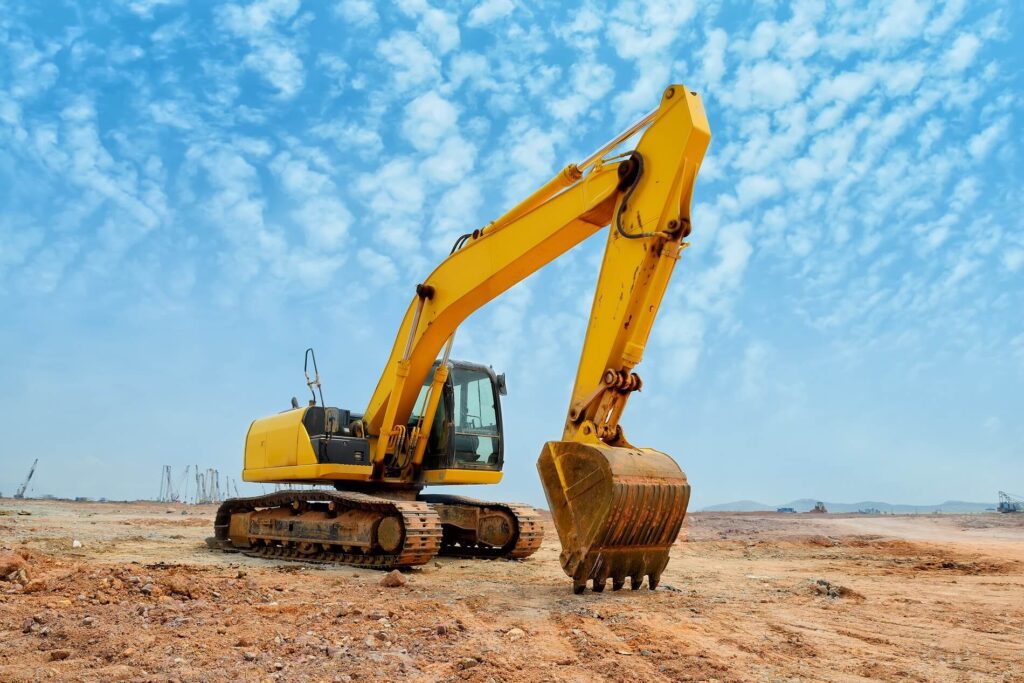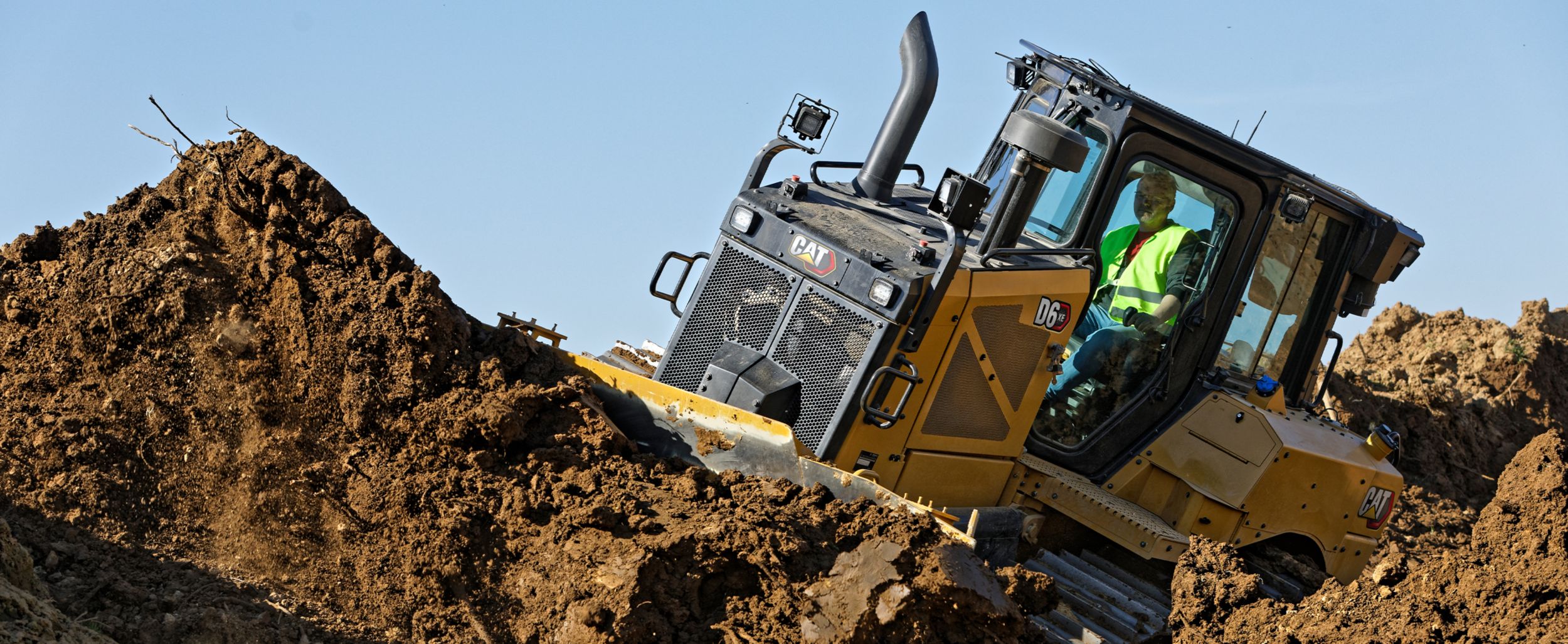Scissor Lift Rental in Tuscaloosa AL: Safe and Efficient Raising Solutions
Scissor Lift Rental in Tuscaloosa AL: Safe and Efficient Raising Solutions
Blog Article
Checking Out the Financial Conveniences of Leasing Building And Construction Equipment Compared to Possessing It Long-Term
The decision between leasing and owning building tools is critical for financial administration in the sector. Leasing offers instant cost financial savings and functional adaptability, permitting firms to designate sources much more successfully. On the other hand, ownership features substantial long-term monetary commitments, including upkeep and depreciation. As professionals consider these options, the influence on capital, project timelines, and modern technology accessibility ends up being significantly substantial. Recognizing these subtleties is important, especially when thinking about how they align with specific job needs and monetary strategies. What factors should be focused on to ensure optimal decision-making in this facility landscape?

Price Contrast: Leasing Vs. Possessing
When assessing the financial effects of having versus leasing building devices, a detailed cost comparison is vital for making informed choices. The selection between having and renting out can substantially impact a company's bottom line, and comprehending the associated expenses is important.
Renting building and construction equipment commonly entails reduced ahead of time costs, enabling companies to designate resources to other operational needs. Rental contracts usually consist of flexible terms, enabling business to access advanced machinery without long-term commitments. This versatility can be specifically useful for short-term jobs or varying work. However, rental prices can accumulate in time, possibly going beyond the expense of possession if devices is needed for an extensive duration.
Alternatively, owning construction devices requires a considerable first financial investment, in addition to ongoing expenses such as financing, devaluation, and insurance policy. While possession can result in lasting savings, it additionally locks up funding and may not provide the exact same level of versatility as leasing. Additionally, owning tools demands a commitment to its use, which might not constantly align with job needs.
Eventually, the choice to lease or have must be based on a thorough analysis of certain job needs, monetary capability, and lasting tactical goals.

Maintenance Expenses and Duties
The choice in between renting and possessing building and construction tools not only involves monetary factors to consider but likewise encompasses ongoing maintenance costs and responsibilities. Possessing devices needs a substantial commitment to its maintenance, which includes routine examinations, repair services, and prospective upgrades. These responsibilities can rapidly gather, bring about unforeseen prices that can stress a budget plan.
In comparison, when renting equipment, maintenance is commonly the duty of the rental business. This arrangement enables specialists to avoid the monetary concern related to damage, along with the logistical obstacles of scheduling repair work. Rental arrangements frequently include provisions for upkeep, indicating that contractors can focus on finishing projects as opposed to bothering with devices condition.
Moreover, the varied series of tools offered for lease makes it possible for business to select the most up to date designs with sophisticated modern technology, which can enhance performance and performance - scissor lift rental in Tuscaloosa Al. By selecting services, businesses can prevent the long-term responsibility of tools devaluation and the associated maintenance frustrations. Ultimately, reviewing upkeep expenditures and obligations is important for making a notified decision regarding whether to own or rent out construction equipment, significantly influencing overall job expenses and operational effectiveness

Depreciation Effect on Ownership

A substantial element to consider in the choice to own building tools is the influence of depreciation on total ownership costs. Depreciation stands for the decrease in worth of the equipment in time, influenced by variables such as use, wear and tear, and advancements in innovation. As equipment ages, its market value lessens, which can significantly impact the proprietor's financial position when it comes time to trade the equipment or offer.
For construction firms, this depreciation can convert to significant losses if the tools is not used to its greatest potential or if it comes to be outdated. Owners should account for depreciation in their monetary estimates, which can bring about greater general expenses contrasted to leasing. Furthermore, the tax obligation effects of devaluation can be complex; while it might give some tax obligation advantages, these are usually balanced out by the truth of lowered resale value.
Ultimately, the concern of depreciation stresses the significance of understanding the long-lasting financial commitment entailed in having building and construction tools. Firms need to thoroughly assess exactly how typically they will certainly utilize the equipment and the possible economic impact of devaluation to make an educated decision concerning possession versus renting.
Monetary Adaptability of Renting
Renting construction devices provides substantial monetary flexibility, permitting business to allot sources extra efficiently. This versatility is specifically critical in a sector defined by varying project demands and differing work. By opting to rent, services can prevent the substantial capital investment needed for buying that site equipment, protecting capital for various other functional demands.
Furthermore, leasing devices makes it possible for firms to customize their equipment selections to details project requirements without the long-term dedication related to ownership. This suggests that services can quickly scale their equipment inventory up or down based on anticipated and current project needs. Subsequently, this adaptability minimizes the risk of over-investment in equipment that might come to be underutilized or out-of-date in time.
One heavy equipment for sale more monetary advantage of renting out is the potential for tax advantages. Rental settlements are frequently thought about overhead, permitting instant tax reductions, unlike devaluation on owned tools, which is spread out over a number of years. scissor lift rental in Tuscaloosa Al. This instant cost recognition can better improve a firm's cash money setting
Long-Term Project Considerations
When evaluating the long-term requirements of a construction business, the decision in between renting out and possessing equipment ends up being extra complicated. Secret aspects to think about include task duration, frequency of use, and the nature of upcoming tasks. For jobs with extensive timelines, purchasing equipment may appear beneficial because of the possibility for lower total costs. Nonetheless, if the tools will certainly not be made use of constantly across jobs, having may result in underutilization and unnecessary expenditure on insurance coverage, maintenance, and storage.
Additionally, technological improvements present a substantial factor to consider. The building market is developing rapidly, with brand-new tools offering improved effectiveness and safety features. Renting out permits business to access the most up to date technology without dedicating to the high in advance expenses connected with getting. This versatility is especially useful for companies that manage varied tasks needing various sorts of tools.
Furthermore, monetary stability plays an important duty. Owning equipment often involves substantial capital expense and devaluation issues, while leasing permits even more foreseeable budgeting and money flow. Ultimately, the choice in between owning and leasing must be straightened with the critical objectives of the building service, considering both anticipated and current job needs.
Conclusion
In conclusion, renting out construction devices supplies substantial monetary advantages over long-lasting ownership. Inevitably, the choice to rent instead than own aligns with the vibrant nature of construction tasks, allowing for flexibility and access to the most current equipment without the content monetary problems connected with ownership.
As equipment ages, its market value reduces, which can dramatically impact the owner's financial position when it comes time to trade the equipment or market.
Leasing construction tools provides substantial economic adaptability, enabling business to assign sources more successfully.Furthermore, leasing devices enables firms to customize their equipment choices to particular project requirements without the long-lasting commitment connected with ownership.In conclusion, renting construction equipment provides significant economic advantages over lasting possession. Eventually, the choice to rent out instead than own aligns with the dynamic nature of building projects, enabling for adaptability and access to the newest tools without the financial worries associated with ownership.
Report this page